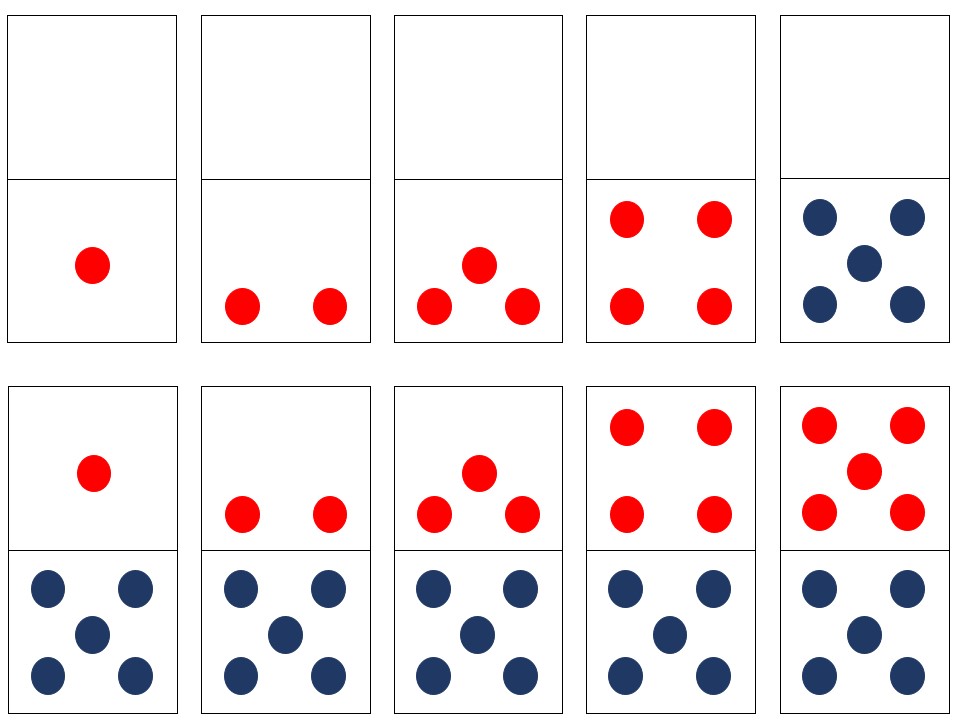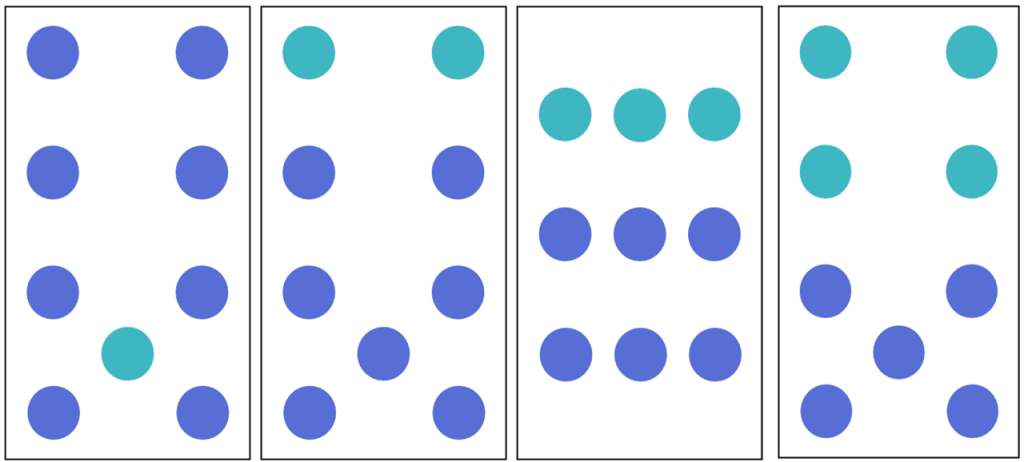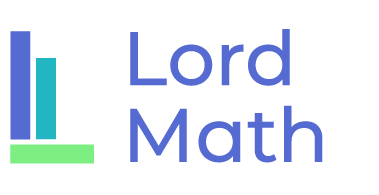
Are you looking to elevate your educators’ math-teaching skills with effective, research-based strategies?
Professional Development (PD) is available in-person or virtually and is an excellent way to provide training to all educators during scheduled school times. PD has the advantage of exposing all educators in a school/district to the desired training, being able to experience new teaching techniques real-time, and having the chance to ask questions and have them answered. PD can be a great way to kick off a new initiative and help teachers be on the same page.
PD Topics
Session 1 is typically on the Neuroscience of Math and Dyscalculia, plus an Introduction to Dot Patterns.
This session sets the stage for understanding a more effective way of developing number sense, learning math facts, and teaching math that is aligned with the neuroscience of how our brains actually learn.
From there, topics can include:
- Teaching Addition and Subtraction
- Teaching Multiplication and Division
- Teaching Word Problems
- Teaching Fractions, Decimals and Place Value
- Teaching Integers, Expressions and Equations
- Cognitive Factors of Math Learning Disabilities
- Math Assessments: Screeners and Identifying a Math SLD
- Math Interventions and IEPs


What people are saying about their Professional Development sessions
“We have been so fortunate to have the opportunity to have Becky provide Professional Development to both Special Education teachers and classroom teachers within the district on two occasions. Her expertise and easy way to relate to teachers and provide a way to problem solve is outstanding! Teachers have asked repeatedly for her to provide more training to them and have stated her training is the best they have ever had. She is so willing to design PD that meets our needs rather than a one size fits all. We look forward to her providing more PD in the near future.”
-Sandra Donah, Ed.D., Director of Student Support, Holyoke Public Schools, MA
Sample Professional Development Topics and Descriptions:
Understanding The Neuroscience of Math and Dyscalculia
How does math learning develop in our brains? Are we born with innate abilities to understand numbers, and if so what are they? A primer on the neuroscience of math will help participants understand what our innate number systems are, how math understanding typically develops, and where dyscalculia occurs. An introduction to the use of dot patterns will help participants see how to remediate the core deficit in dyscalculia and more effectively develop number sense.
Cognitive Factors of Math Learning Disabilities (MLD) and Math Assessments
What cognitive abilities affect math learning? What is the difference between dyscalculia, math learning disabilities, and general difficulty with math? An overview of the various cognitive factors that affect math learning as well as assessments that identify them will develop a model of three categories for math learning disabilities, and differentiate MLD from dyscalculia. An introduction to math assessments will help participants select tools to identify areas of student strength and weakness, and where to target instruction.
Teaching Addition and Subtraction: Concepts, Strategies, and Fluency
How can our innate number sense abilities be used to learn addition and subtraction concepts? Discover how our innate ability to subitize can be used as the foundation for learning basic addition and subtraction, setting the foundation for more advanced concepts and strategies. An introduction to Cuisenaire rods will help participants understand how to further develop these concepts by building numbers, emphasizing decomposition and recomposition of number and part-whole relationships.
Teaching Multiplication and Division: Concepts, Strategies, and Fluency
How can we teach multiplication and division in a way that students develop strong conceptual understanding, learn efficient strategies, and eventually reach fluency? Discover the 4 meanings of multiplication and division and their relationship to each other, as well as how to model these concepts and help students see the connections between them. Learn efficient strategies for each fact that students can practice over time to eventually reach fluency and solve problems with multi-digit numbers.
Teaching Number Stories: Effective Word Problem Instruction
What does research say about solving word problems, and what methods are proven to be effective? Discover an evidence-based approach to teaching number stories through the use of attack strategies and schema-based instruction. Participants will learn the three models for addition/subtraction and multiplication/division, get an introduction on how to teach them in a systematic manner, and receive graphic organizers that can be used whenever students are solving word problems.
Professional Development Requests
To request Professional Development, please fill out the form below.
